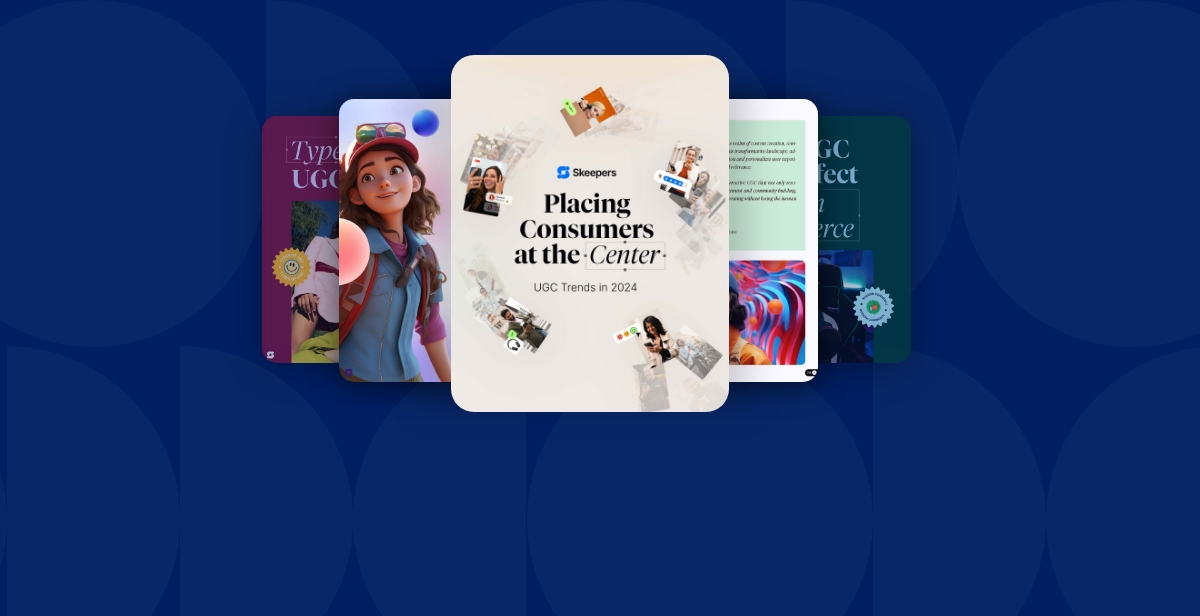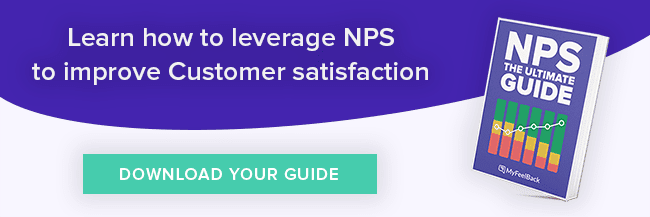The Truth About Your NPS Promoters, Detractors and Passives Many companies have found the Net Promoter Score (NPS) to be the ideal customer feedback tool because it’s simple, keeps the customer at the forefront, and enables a business to take quick, decisive action, closing the customer feedback loop. An NPS survey asks customers one basic...
The Truth About Your NPS Promoters, Detractors and Passives
Many companies have found the Net Promoter Score (NPS) to be the ideal customer feedback tool because it’s simple, keeps the customer at the forefront, and enables a business to take quick, decisive action, closing the customer feedback loop.
An NPS survey asks customers one basic question – “How likely are you to recommend this product or brand to a colleague or friend?” – making the survey particularly simple and efficient. Customers can then be asked a follow up question to find out specifically why they would or wouldn’t recommend it.
Responses can be segmented into three groups: detractors, promoters, and passives.
If a customer is not a promoter after their experience with a brand, they are at risk of either trying another brand, making them passive, or becoming a detractor, a vocal critic, of the brand. So, of course, the more promoters a brand has, the better. These customers will not only continue to spend money with the brand but will also tell others why they should too.
The Truth About Detractors
Considering that 65% of new business comes from referrals, you need to make sure that your customers are saying something nice about you.
Today’s customers place a premium on word-of-moth recommendations and see reading online reviews as just another step in the shopping process. In fact, 79% of customers regularly or occasionally use online reviews to determine which businesses to use. Unsurprisingly, younger consumers (35% of 16 – 34 year olds) who have grown up with the internet tend to rely on online reviews more than older customers (just over 20% of people aged 55+).
Obviously, finding out who your advocates are and what you are doing right to ensure positive word of mouth is necessary. But learning from your detractors is equally important. What do you need to do better to avoid vocal and viral customer scrutiny and turn your critics into supporters, crucial for maintaining both customer loyalty and attracting new customers?
Promoters: Your Secret Marketing Weapon
A loyal customer not only spends, on average, 67% more than a first-time customer, but is also 71% more likely to promote a company, recommending it to others.
Customers identified as promoters represent a company’s best advocates and can help create new customer relationships. These customers are a marketer’s dream, as they are willing to go above and beyond, sharing positive opinions about a brand and encouraging others to use it which, according to a Nielsen study, is the single most influential form of brand promotion a company can acquire. As Nielsen reports:
- 84% of global customers report they trust word-of-mouth recommendations from friends and family more than any other form of brand promotion.
- 68% of global customers trust online consumer reviews more than any other form of brand promotion.
For this reason, marketers should think creatively about how to engage and team up with promoters as they are an especially influential way to generate awareness, attention, and sales leads. Since they are a brand’s most loyal and vocal advocates, they will likely agree to complete a follow-up satisfaction survey from which a marketer can glean quotations, testimonials, or other insights which will generate interest with new customers.
And Don’t Forget Your Passives
Some of your customers are, undoubtedly, not married to you. They are relatively satisfied with your product, but they are also not entirely loyal to your brand. They will likely switch to a competitor if it can offer better products, opportunities, or services. And although they won’t speak badly about your brand, they also won’t be enthusiastic enough to promote it.
However, from a marketing standpoint, you cannot afford to simply ignore your passive customers on the basis that they are “relatively satisfied.” For one, 91% of customers never complain; they simply leave without ever informing a company why, never giving the company an opportunity to do better. For another, these customers are the easiest to turn into promoters. Staying in contact with these customers via, for instance, follow-up surveys, is one way to make sure you are exceeding their expectations, delivering unparalleled value, and providing an overall superior experience – in other words, taking actions which will inspire them to become your greatest advocates.
Ignite Your Brand Advocacy Today!
When customers are loyal to a company, product or service, they are not only more likely to purchase from that company again, but also more likely to recommend it to others, sharing positive feelings and experiences with others, resulting in new customers and revenue. The same holds true, if not more so, when customers are disloyal. Disgruntled customers will share their negative experiences with potential customers, jeopardizing a company’s reputation, resulting in lost revenue.
Successful companies recognize that customers can be more than customers; they can be advocates, supporters, promoters, fans, even business partners. Building NPS feedback into their daily operations, these companies are better positioned to both address customer concerns and develop innovations that generate more promoters, the key to gaining an edge over the competition.








